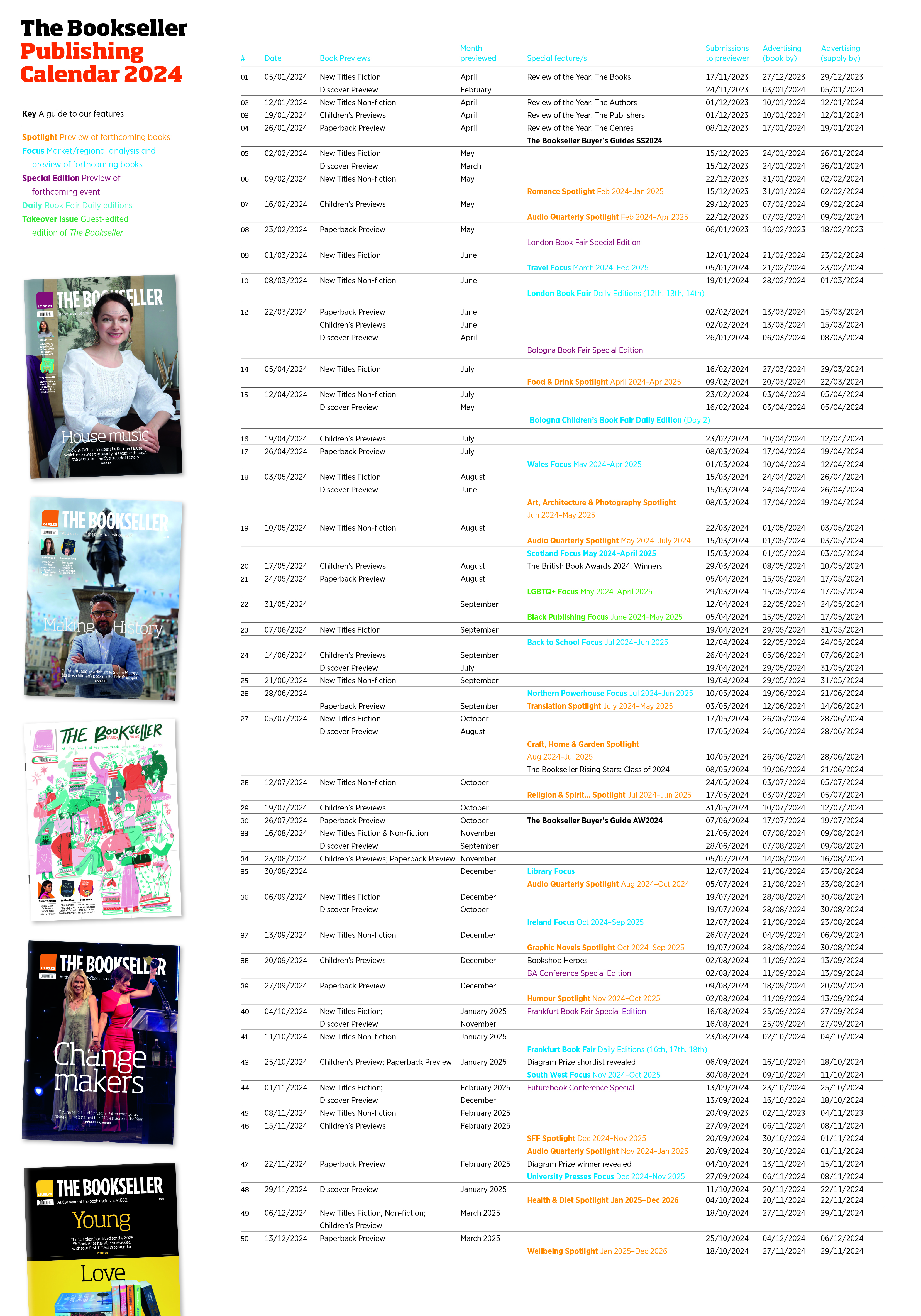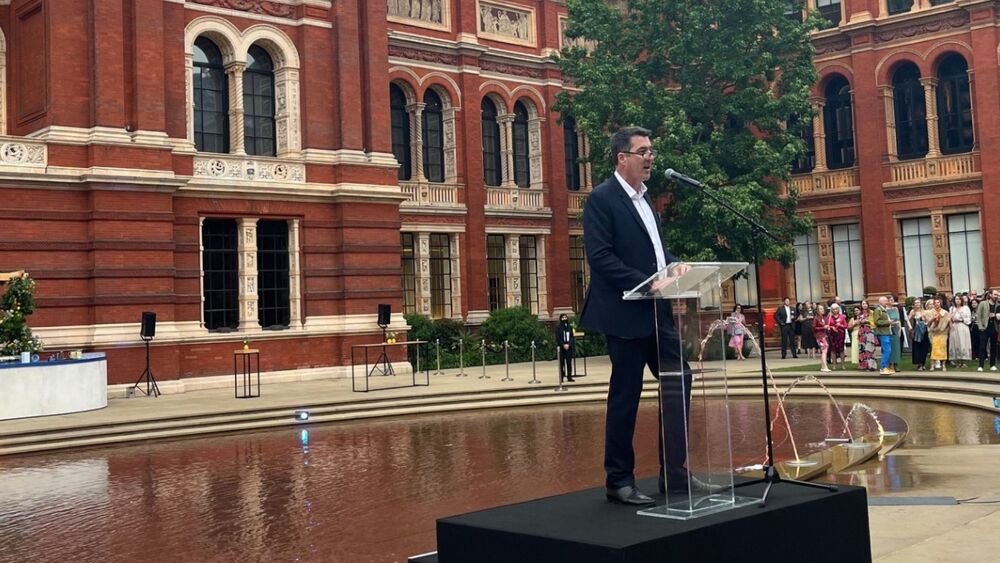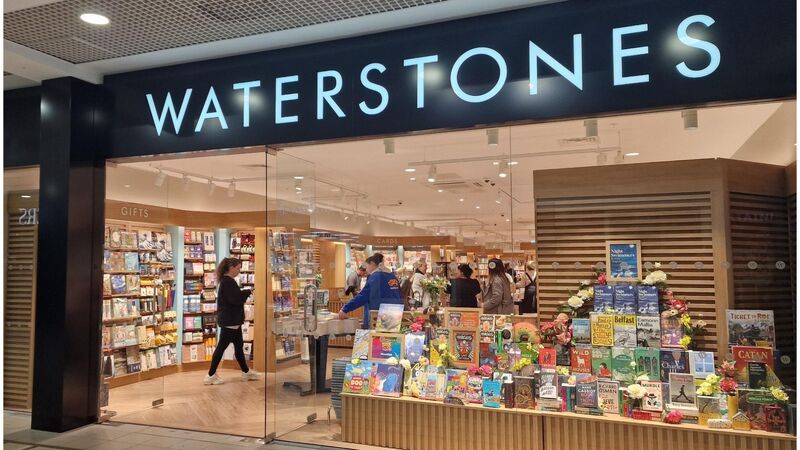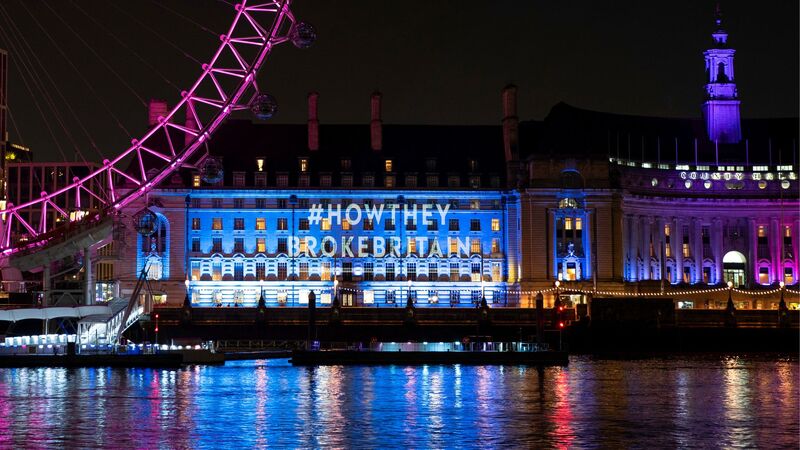You are viewing your 1 free article this month. Login to read more articles.
On the come up
Last week The Stage magazine reported that UK theatre stood on a precipice, without government help or a reopening plan; on the BBC’s “Front Row”, the conductor Sir Simon Rattle said that without support to make a bridge to the new world, many organisations, principally venues and performing arts companies, will fail. This week the government responded with a £1.57bn emergency support package to help protect the “arts”.
You will wonder at the missing bit from all these discussions: books, booksellers and book publishers. Not to labour the point, but there is a pattern here. As we noted when the government’s Cultural Renewal Taskforce was set up back in May, there is no representative from the book world, and despite solicitations made to culture secretary Oliver Dowden since, it remains the case.
We might just want to shrug our shoulders and regard ourselves as fortunate. Except for the very many small presses, festivals and other literature bodies that receive some public money, this sector is largely a subsidy-free zone. There is no equivalent to the corporates such as Penguin Random House or Hachette in most of these spaces, and while the post-Covid return of the performing arts remains uncertain, publishers and booksellers have quickly found their feet.
This week Nielsen estimated that the print book market dropped just 11% by volume in the period when high street bookshops were shut, with sales surging now they have reopened. That 11%, of course, is a remarkable statistic, and one we will need to come back to as we look to the future, but for now it means that not only did we endure, we prospered in way others could not. One publisher told me that it had been a golden period for their business. We need only look at the headline-making acquisitions over the past few weeks, to conclude that, yes, government money really is better spent elsewhere.
With a strong supply chain, unceasing demand for the product, and an unending vault of new material adding to a rich and nurtured backlist, we may come out of this as we went into it, watchful rather than wary. This week’s Rising Stars feature on the trade’s up-and-comers gives me much hope for the future, as does our piece on how past risers have risen further. These generations speak to the trade’s ability to renew itself, and to the attractiveness of the books sector.
That said, we cannot afford to be complacent. Culture is not commerce, and we should not pretend that just because we remain a successful sector, we are also not one facing our own dangers. Independent bookshops, small presses, literary festivals, freelances and writers are the most vulnerable parts of our world, and we forget them, and how they support the ecosystem, at our peril.
Books play a central role in the culture of this country, as do the very many people who make them, and we should be ready to take part in every conversation about the recovery of the arts—we can learn, and we can help.

















